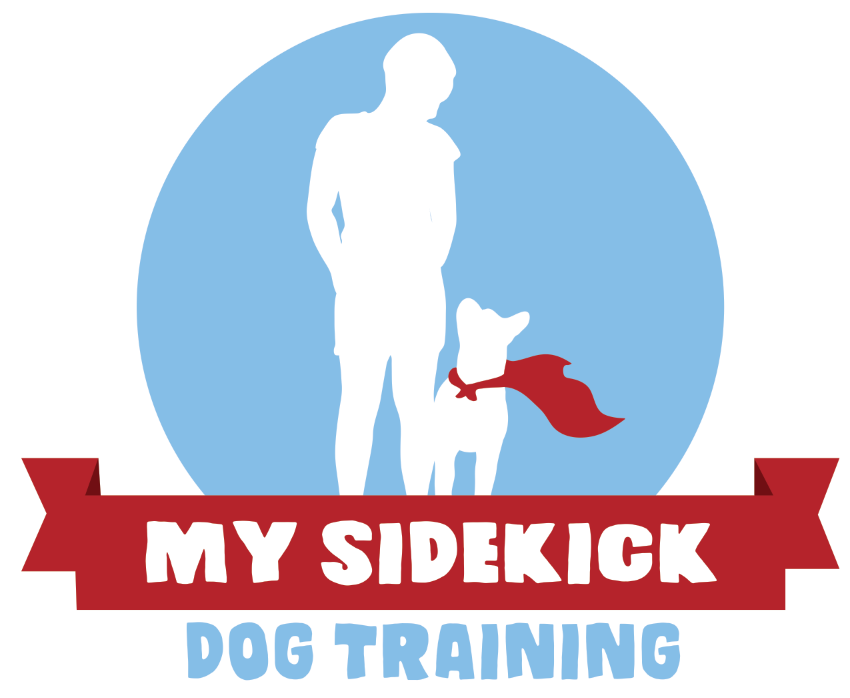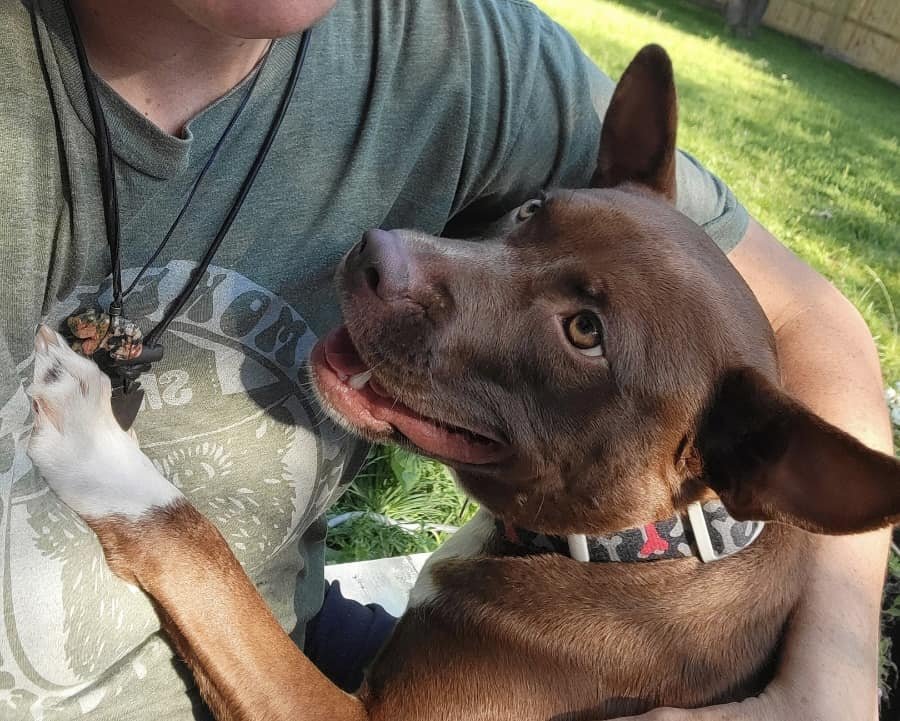Sliding Scale Payment
This sliding scale model was based on the framework from The Dog Behavior Institute.
Sliding scale payment is available only to those who have rescued their dog. This includes:
Those who adopted their dog from a shelter or rescue organization
Those who rescued as their dog a stray, and after looking for the owner and completing legal stray hold, adopted, spayed/neutered, and fully vetted them.
Those who adopted a puppy at no or very low cost from an accidental litter, whose parents were both spayed and neutered after the pregnancy, and the adopted dog has been spayed/neutered and fully vetted
Those who adopted an adult dog from an individual who could no longer care for it, and have gotten the dog spayed/neutered and fully vetted.
Sliding scale payment is not available for those who purchased their dogs. This includes:
Those who bought a dog from an individual, pet store, or breeder.
Those who purchased a puppy from an accidental litter, whose parents have not since been spayed and neutered, or if the status of the parents is unknown.
Those who received a puppy as a gift, and the puppy’s parents have not since been spayed and neutered, or their status is unknown.
However, Work Trade (Option D) is still available for those who purchased their dog
Option A: Full price services
Option B: The middle tier offers a 20-40% price reduction (Pay 80-60% of normal training cost)
Option C: The bottom tier gives a 50-80% price reduction (pay 50-20% of normal training cost)
Option D: Work Trade for all or part of the training program
Please note that sliding scale programming is not a simple “discount.” If you are able to pay for full-price services, please do - this is how we can ensure that our sliding scale options are available for those who need them.
Our sliding scale structure is not based on income alone, and we do not require you to provide any “proof” of need. We understand that what you can afford is not as simple as how much money you make. To qualify for our sliding scale pricing, just tell us you would like to use our sliding scale option, and which option (Option A, B, C, or D) you would like!
Here are general guidelines about how we currently price the sliding scale and to help you determine where you fall on it.
Option A
The highest dollar cost reflects the true cost of the service. It is the cost that the trainer would charge all students in the absence of a sliding scale.
This price is for you if you:
Have access to financial security
Own property
Have personal savings
Would not traditionally qualify for sliding scale services.
Are able to pay for "wants" and spend little time worried about securing necessities in your life.
Option B
The middle cost reflects the practitioner's acknowledgement that paying the full cost would prevent some folks from being able to attend, but who do not honestly find themselves reflected in either descriptions for the highest cost or the lowest.
This price is for you if you:
Are struggling to conquer debt or build savings or move away from paycheck to paycheck living AND
Have access to steady income AND
Are not spending most of your time thinking about meeting basic needs such as food, shelter, medical care, child care, etc.
Option C
The bottom cost represents an honest acknowledgment by the trainer that there are folks whose economic circumstances would prevent them from accessing training services if there was not a deliberate opportunity made for them to access services at a cost that is reflective of their economic realities.
This price is for you if you:
If you struggle to maintain access to needs such as health care, housing, food, child care AND/OR
Are living paycheck to paycheck AND/OR
Are in significant debt
You deserve a community that honors your price as an equal economic offering as the person who can pay the highest tier.
Option D
Work Trade options include volunteer work at Detroit Animal Care and Control (washing dishes, prepping enrichment, cleaning, walking dogs, remote work), landscaping, and other options. Volunteering at DACC or another municipal shelter will put $20 per hour of validated volunteer hours (not including volunteer orientation) towards the training costs. For example, 13 volunteer hours will cover the cost of your consultation.
This option is available to anyone who is not able to pay the full cost of training.
If you can ask others, such as family members, partners, or friends, for financial support, please consider using those personal resources before you use the sliding scale resource. We recommend considering starting a fundraiser such as a GoFundMe to more fully compensate your trainer.
Please be mindful that if you purchase training at the lowest end of the scale when you can truthfully afford the higher prices, you are limiting access to those who truly need the gift of financial flexibility.
Being honest with yourself and your financial situation when engaging with sliding scale practices grows strong and sustainable communities. Additionally, when we are paid fairly, we are able to invest more time and resources to lower cost offerings and community services.
Those who use the sliding scale option can either pay for their consultation and training package in full up front, or pay session to session (Option B being $80-$60 per hour, Option C being $50-$20 per hour). We are also able to offer payment plan options; please reach out for more information about payment plans.


